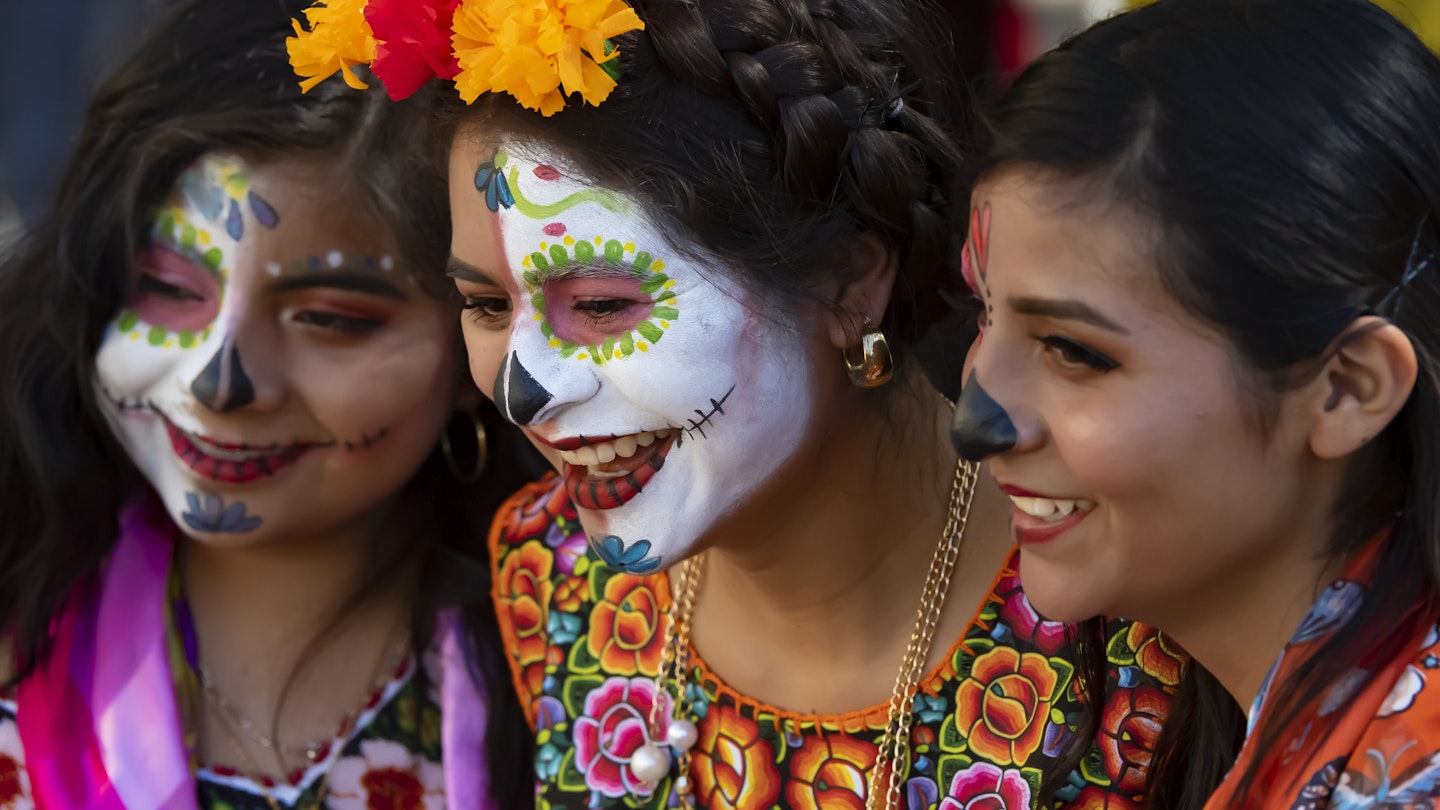As a young girl traveling throughout , I was exposed to the many wonders of the continent everywhere – spicy okra soup, jollof rice, colorful Herero women and the ample . My father’s work as a diplomat took us to and and introduced me to cultures long before I could even speak.
And yet, those formative years on the road did little to stop me from harboring my own set of biases, particularly against Europeans. It seemed my wholesome and religious ideals were a stark contrast to how many Europeans lived their lives. It wasn’t until my family moved to at the age of 13 that I discovered the depth of linguistic and cultural intricacies in Europe, the varied religious beliefs, and the ethnic diversity that television programming had often obscured.
Just as Mark Twain asserted, travel became an infallible elixir for the disease of bigotry.

Through travel, I was introduced to the complexities of different cultures. This transformative experience enabled self-reflection, compelling me to compare my experiences here and there. Consequently, my worldview shifted, and I’ve never been the same.
The Power of Travel to Overcome Bias
The word travel encompasses history, culture, adventure, nature, food, drink, and leisure. It can be (and should be) much more than mere escapism.
- Travel can serve as a remedy for both conscious and unconscious biases.
- Limiting beliefs about “others” often persist, even among well-traveled individuals.
- Leaving one’s home is not sufficient to dismantle prejudices; awareness is crucial.
Before my first trip to , my world conspired for me to hate it. The prevailing sentiment from people I knew was that I would be in constant danger. To date, the only place where I have been robbed was in .
Many warnings about certain countries are often steeped in deep-seated racist sentiments. Phrases like “these are the worst places to go” may be intended to provide caution, but they ultimately perpetuate misunderstandings. Danger exists everywhere, especially in societies marked by economic inequality; no country is wholly exempt from this challenge.

Allowing Travel to Open Your Mind
For our voyages to trigger positive cognitive transformations, we must be prepared to see things with fresh eyes. It is essential to be willing to immerse ourselves and to travel not just to reenact established tropes. When visiting cities like Paris or , focus on experiences beyond typical landmarks such as the or the .
Many travelers often approach destinations merely to reaffirm existing beliefs, believing they will find spiritual awakenings in places such as and . However, a study from the Journal of Current Issues in Tourism indicates that the true transformative power of travel relies on factors such as interaction with diverse people and engaging in unfamiliar activities. Essentially, recreating your home environment in a foreign land will do little to educate you on the true essence of a place and its inhabitants.

Moreover, travel can only initiate the undoing of the prejudices we hold about certain groups if we actively engage with them. A Harvard study has shown that guests with “African-American sounding names” were roughly 16% less likely to be accepted by Airbnb hosts compared to their white-sounding counterparts. This highlights how hidden biases may hinder the very connections that could challenge these prejudices.
Pavlovian conditioning suggests that repeated exposure can transform our responses to people we fear or distrust. If prejudiced ideas are human-made, then dismantling them should be within our reach. Therefore, the more places we explore and the deeper our connections, the greater the chances of overcoming negative beliefs.

While some biases may seem harmless, they ultimately limit individual perspectives and widen the perceived division between “us” and “them.” Just because certain laws are lenient, it does not mean all Dutch people support marijuana use. Not every North American is loud, and the truth is that Black individuals<|disc_score|>1




